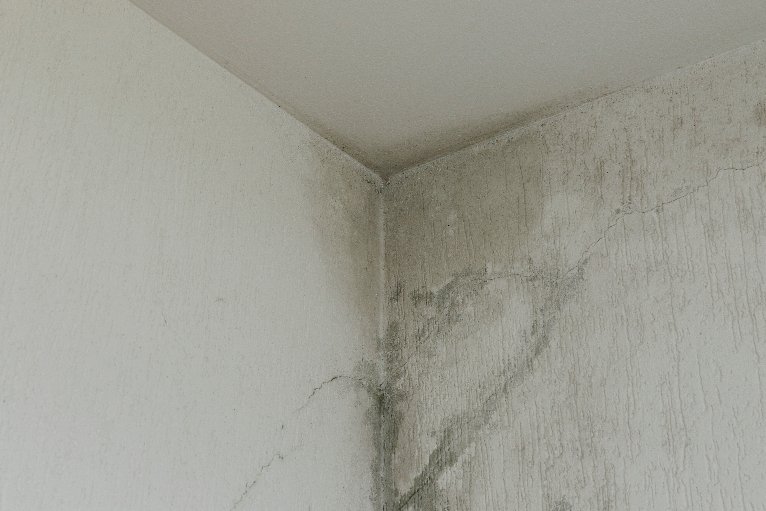We partnered with a home improvement company for this post. The opinions in the post are honest. All reviews and opinions expressed in this post are based on our personal views. We are excited because we know you will love it.
Water damage is a common problem homeowners face and can be caused by various things such as flooding, leaking appliances, burst pipes, and roof leaks. Water damage can lead to severe problems, like mold growth and structural issues, if not addressed quickly. This guide will discuss how to effectively identify and deal with water damage restoration in your home.
Signs of Water Damage
The first step to dealing with water damage is to identify it. There are various signs of water damage, including peeling or bubbling paint, musty odors, damp spots on walls and ceilings, and unusual spikes in water bills. You can also check for water stains on walls, ceilings, and floors and warped or sagging floors. You can investigate the signs at FloStop Restoration.
Causes of Water Damage
You should know the common causes of water damage in homes to prevent them in the future. Some of the causes include leaking roofs, burst or leaking pipes, overflowing or malfunctioning appliances, clogged gutters, and floods. Regular maintenance and inspection can help prevent these causes of water damage.
Dealing With Water Damage
When you notice any signs of water damage, take action immediately. The first step is to identify and fix the source of the leak. For instance, if it's a leaking pipe, shut off your water source and call a plumber to fix it. If you discover flooding in your home, turn off your electricity and gas supply to prevent electrocution and gas leaks. Then, extract the water and dry out the affected areas.
Calling a Professional Restoration Company
Sometimes, the damage may be severe, and you may not be able to handle it on your own. In such cases, it is advisable to call in a professional restoration company. Not only do they have the right equipment and expertise to deal with water damage, but they can also provide advice on how to prevent it in the future.
Preventing Water Damage
Prevention is always better than cure. You can take various measures to prevent water damage in your home, such as regular maintenance of appliances and plumbing systems and keeping the area around your home's foundation clear of debris. You can also install a sump pump to prevent basement flooding and install a backflow valve to prevent sewer water from backing up into your home's drains.
Water damage can cause significant problems in your home if left unaddressed. However, with the right knowledge, you can quickly identify and deal with water damage. Remember to look out for the signs of water damage, understand the causes, and take action immediately to prevent further damage. If you're unable to handle the damage yourself, don't hesitate to call a professional restoration company. Finally, take preventive measures to avoid future damage and keep your home safe.


